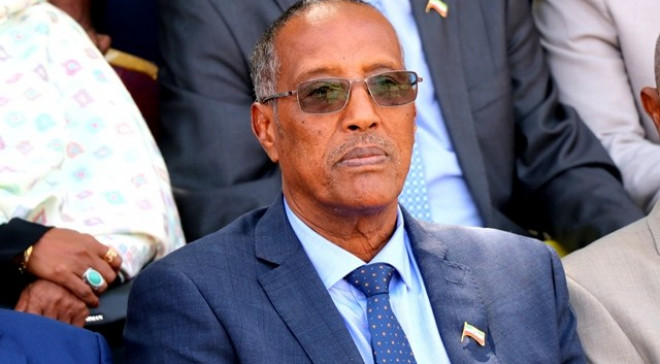The president of Somaliland, a Somali breakaway territory, has promised vengeance on a local militia that captured a major military installation belonging to the Somaliland army.
Months of warfare between Somaliland forces and a clan militia opposing the authority of the self-proclaimed republic, which declared independence from Somalia in 1991 but remains unrecognised internationally, have afflicted the breakaway area.
The SSC militia said on Friday that it had taken control of the Goojacade base in the Sool area, which contains the city of Las Anod.
The disputed area of Las Anod is claimed by both Somaliland and the neighbouring autonomous republic of Puntland. On Saturday, President Muse Bihi Abdi spoke to the media in Hargeisa’s capital city, proclaiming his desire to revenge the attack.
He informed the population that, despite the army’s casualties, it is still intact and capable of reprisal. He asked the people not to be concerned about further escalation and promised them that the matter will be resolved.
On Saturday, residents of Las Anod reported a reasonably quiet situation, despite an apparent military mobilisation in the vicinity.
People are tense and anxious about the future, according to Abdilatif Adan, a resident of Las Anod.
The recent months of war have put the community on edge, with hundreds of people killed in February fighting.
The growing violence has also had an impact on crucial services, with Doctors Without Borders saying in July that it had to cease operations at Las Anod’s general hospital due to repeated attacks on medical facilities and the extraordinary level of violence.
The fighting has had a severe humanitarian impact, with the UN estimating in February that over 185,000 people have been displaced as a result of the violence.
The continuous insecurity and lack of recognition have hampered the growth of Somaliland, an area of 4.5 million people. While Somaliland acts as a self-governing organisation, printing its own currency, issuing passports, and conducting elections, it has been unsuccessful in gaining international recognition as an independent state.
This lack of recognition has left Somaliland economically disadvantaged and isolated, despite the fact that it has managed to preserve relative calm in comparison to Somalia’s continuing Islamist insurgency and civil conflict.

